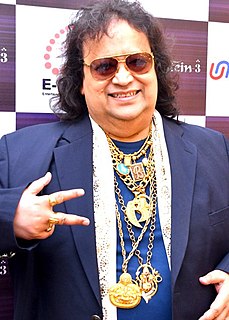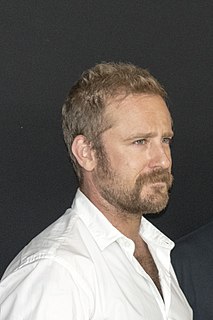A Quote by Rachel Morrison
When I was studying photography, I became interested in conflict photojournalism, and that got me interested in lighting. Then I realized there was this amazing thing called cinematography where you could kind of tell more complete stories photographing for film. So I ended up going to AFI grad school for that.
Related Quotes
I did photography in summer camp; I did it in high school. The only hard decision I've had to make was whether to go towards photo or film. And I ultimately realized that the type of photo I was interested in was actually photojournalism. And it's a very individualist career, whereas film is a very team-driven medium. So that's why I chose film.
I wanted to be a playwright in college. That's what I was interested in and that's what I was moving toward, and then I had the lucky accident of falling in love with film. I was 19 or 20 that I realized films are made by people. Shooting digitally became cheaper and better. You couldn't make something that looked like a Hollywood film, but you could make something through which you could work out ideas. I was acting, but I was also conceiving the plots and operating the camera when I wasn't onscreen. I got very unvain about film acting, and it became a sort of graduate school for me.
I went to art school, wanting to be a painter and then I got into photography. Then it was movies, and I liked the images. One of the things that interested me in film was that I was communicating in images. That was something I did intuitively and could not even talk about until I started having to do interviews.
I feel lucky that Viceland wanted to make it, and I'm producing more than one film with LGBT characters and stories and it's because it's what I'm interested in. I'm not going to read a script and say, 'They're not gay, I'm not going to do it,' but I am interested in playing more gay people, because I've only played one gay person, and I've done a fair amount of movies, and I am interested in those stories. So for me, there's no should-I-or-shouldn't-I. It all feels natural.
I wanted to transfer to an art school, and ended up going to the University of Southern California. They had a cinematography school, and I said "Well, that's sort of like photography, maybe that will be interesting." And once I started in that department, I found what it was that I loved and was good at.
What interested me in film was the image-making aspect of it. So, I went to school in cinematography. I was really convinced that image was what I wanted to do, and I think it came from the fact that I lived in a small town my whole life, but my mother was very interested in painting, so she would bring us to Paris for two weeks. So, we're going to the Louvre and to the museums and to see shows. In the evening we were seeing theater. Painting is basically what led me. I think the image was key.
Cinematography was incredibly foreign to me, so I read as much as I could about it. Once I figured out that it was just photography with a set shutter speed, I got some slide film and I just went about storyboarding the script and taking snapshots. I took a ton of time doing it just to make sure I knew exactly what I was doing. By the end of it I knew what the film was going to look like - my exposure and the composition and everything. I wasn't scared of cinematography anymore.
I left school at sixteen - I was fed up and restless. The only thing that interested me at school was English language and literature, but I didn't have Latin, and so couldn't go on to university. So I went to a few drama schools, not studying seriously; I was mostly in love at the time and tied up with that.




































